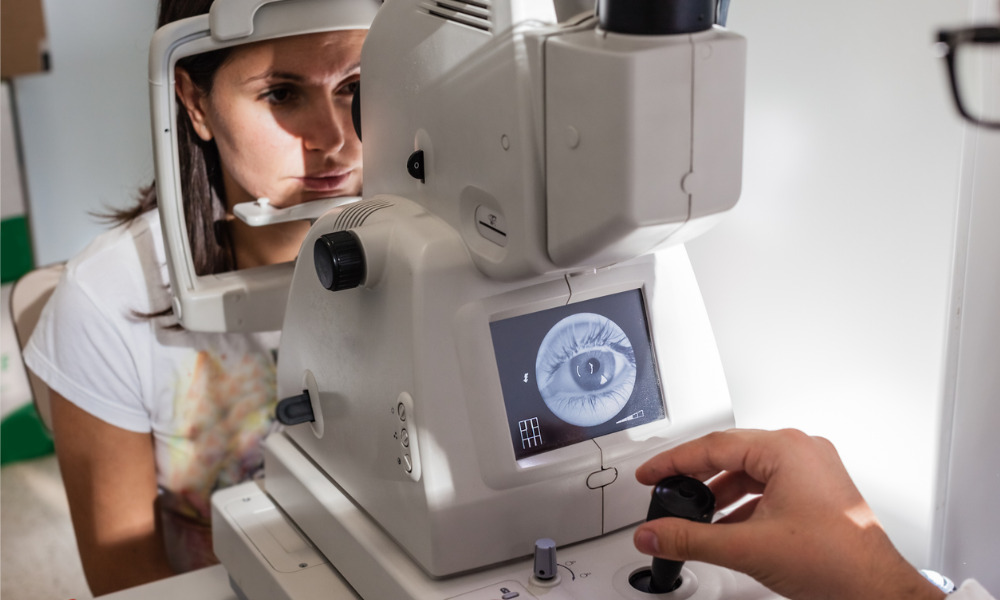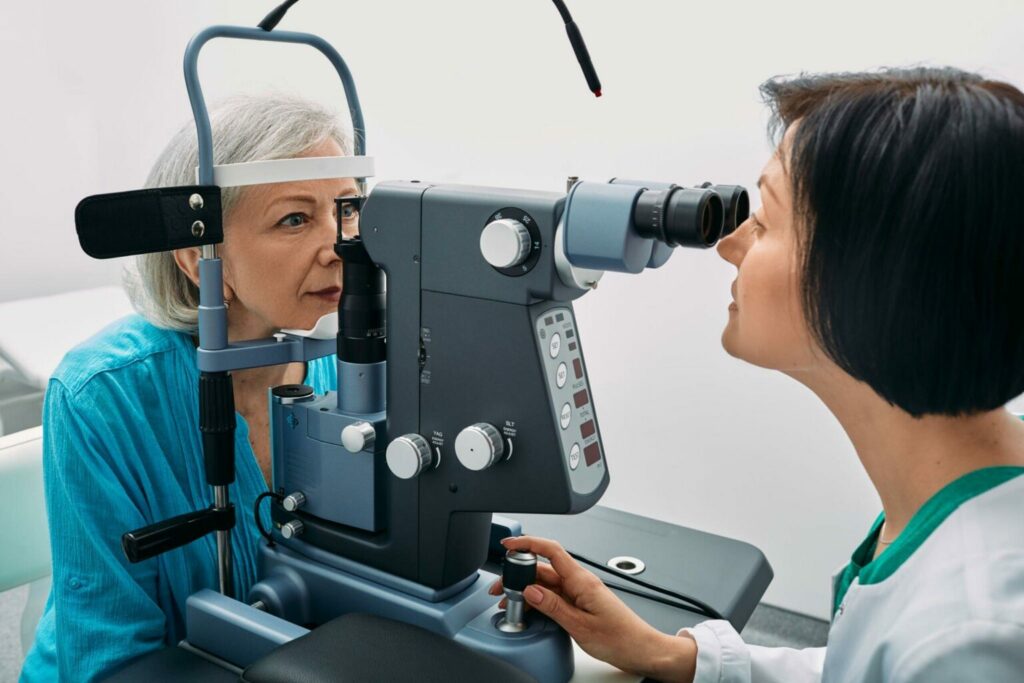Optometrists In The Spotlight: Unsung Heroes Of Vision Care
Optometrists play a vital role in maintaining eye health. Their work is crucial but often goes unnoticed. They manage everything from routine exams to complex conditions. One example is montrose diabetic eye care, where optometrists help prevent vision loss in diabetes patients. By detecting issues early, they protect our vision and improve quality of life.
The Role of Optometrists
Optometrists focus on eye and vision care. They perform eye exams, prescribe glasses, and diagnose common eye diseases. Their work helps us see and understand the world around us. For many, clear vision means a better quality of life and more independence.
Optometrists also educate patients. They teach the importance of eye care and how to maintain good vision. This education can prevent future issues and reduce the risk of eye diseases. For more on the role of optometrists, visit the American Optometric Association.
Optometrists and Public Health
Optometrists contribute to public health in significant ways. By providing early diagnosis, they help manage and control eye diseases. Early intervention can slow disease progression and prevent vision loss. A timely diagnosis is especially crucial for conditions like glaucoma and macular degeneration.
Regular visits to an optometrist can also reveal signs of other health issues. Diseases like diabetes and high blood pressure often show symptoms in the eyes first. An optometrist can spot these signs and recommend further testing. This proactive approach can lead to earlier treatment and better outcomes.
Comparison of Eye Care Providers
| Provider | Education and Training | Services Offered |
|---|---|---|
| Optometrist | Doctor of Optometry (OD) | Eye exams, vision tests, disease diagnosis |
| Ophthalmologist | Medical Doctor (MD) or Doctor of Osteopathic Medicine (DO) | Surgical treatments, advanced disease care |
| Optician | Technical diploma or certificate | Glasses and contact lens fitting |
 Optometrists and Specialized Care
Optometrists and Specialized Care
Many optometrists specialize in areas like pediatric eye care and low vision rehabilitation. These specialties address specific needs and help a wide range of patients. For instance, children benefit from pediatric care that ensures healthy eye development. Special lenses and therapies can aid those with low vision.
Diabetes patients often visit optometrists for eye care. Diabetes can cause serious eye problems, but early care can prevent complications. Optometrists monitor changes in the eyes and provide necessary care. For more on diabetic eye care, see the National Eye Institute.
The Impact of Optometrists on Daily Life
Optometrists help with more than just vision correction. They enhance the quality of life for many through improved vision. Clear vision helps children learn and adults work efficiently. It also allows older adults to stay active and independent.
Moreover, optometrists help patients choose the right corrective lenses. They consider lifestyle needs, such as lenses for sports or computer use. These personalized recommendations make daily tasks easier and more comfortable.
The Future of Optometry
Optometry is an evolving field. Advances in technology and research allow for better diagnosis and treatment options. New tools and techniques make eye exams more accurate and less invasive. The future promises even greater care and prevention methods.
Tele-optometry is becoming more common. This allows patients to consult with optometrists remotely. It makes eye care accessible to those in rural areas or with mobility issues. The development of new treatments and therapies will continue to improve vision care for everyone.
In conclusion, optometrists are indeed unsung heroes, providing essential services that often go unnoticed. Their work helps prevent vision loss and improve our daily lives. As eye care continues to advance, the role of optometrists will remain crucial.








